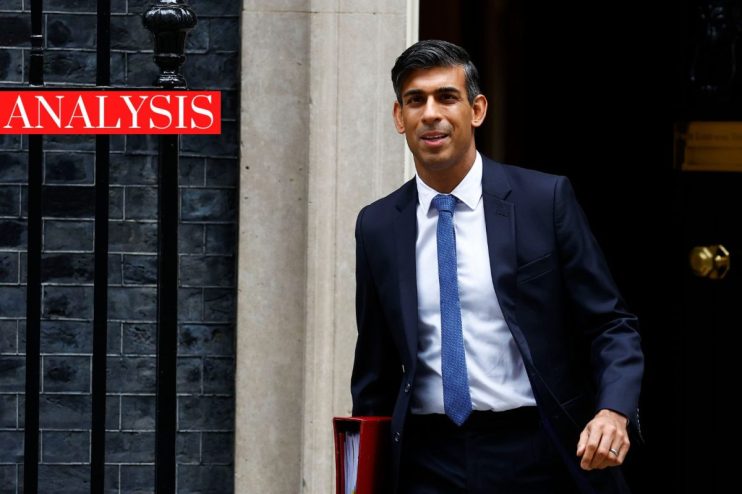Explainer: Does it matter if Sunak waters down green targets?

This morning Rishi Sunak broke ranks from the last few Conservative governments and committed to watering down Net Zero targets. It caused fractures both within the party and the business community.
But many were quick to point out that changes to phasing out petrol cars to 2035, rather than 2030, would bring us in line with EU targets.
A host of other countries have similar targets, Canada, Australia, Japan and South Africa have all committed to phasing out new petrol or diesel cars by the same date. India, one of the largest emitters, has promised to do the same but by 2040.
So, in a sense, Sunak’s allies are right – pushing back our targets will only put us in line with the vast majority of other major economies.
It is yet another way of politically cleaving himself away from the legacy of Boris Johnson, who was eager to boost Britain’s stature on the world stage by having more ambitious climate change targets than others.
Especially in the context of Cop26, the then-prime minister was adamant that the UK should lead on the transition to a net zero economy. This signal from No10 meant green investors were keen to set up shop in the UK, so while the change in tack is not diplomatically disastrous it will have an impact for the business community.
That our targets were further ahead than others acts as a draw to the UK markets, where novel new firms might have otherwise looked to start up in the US.
